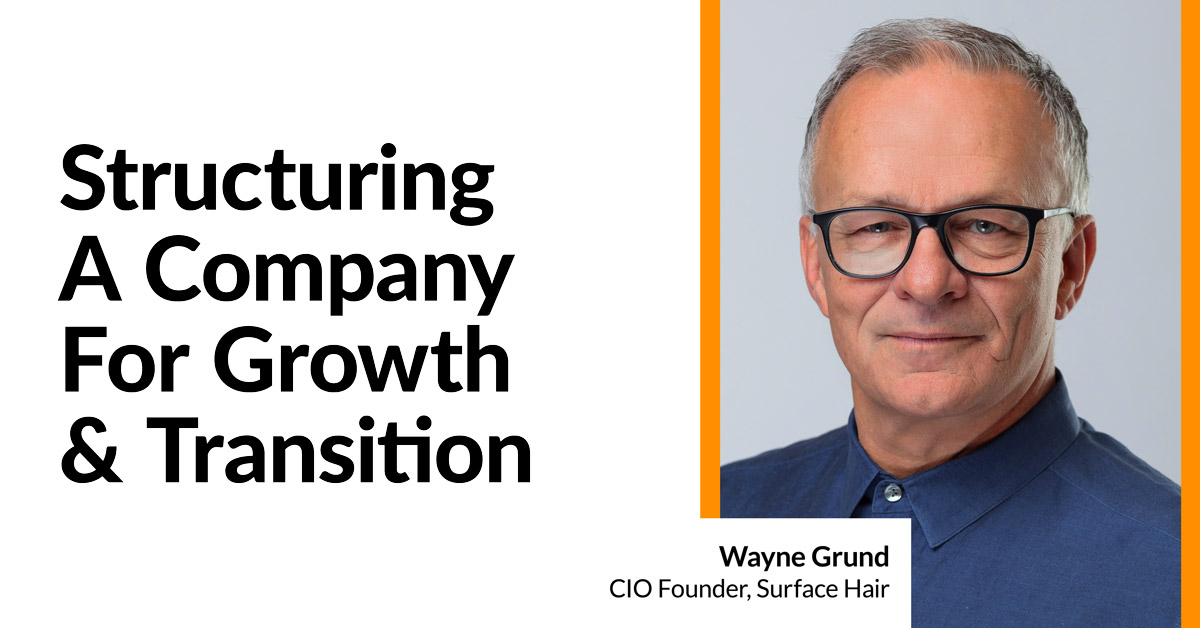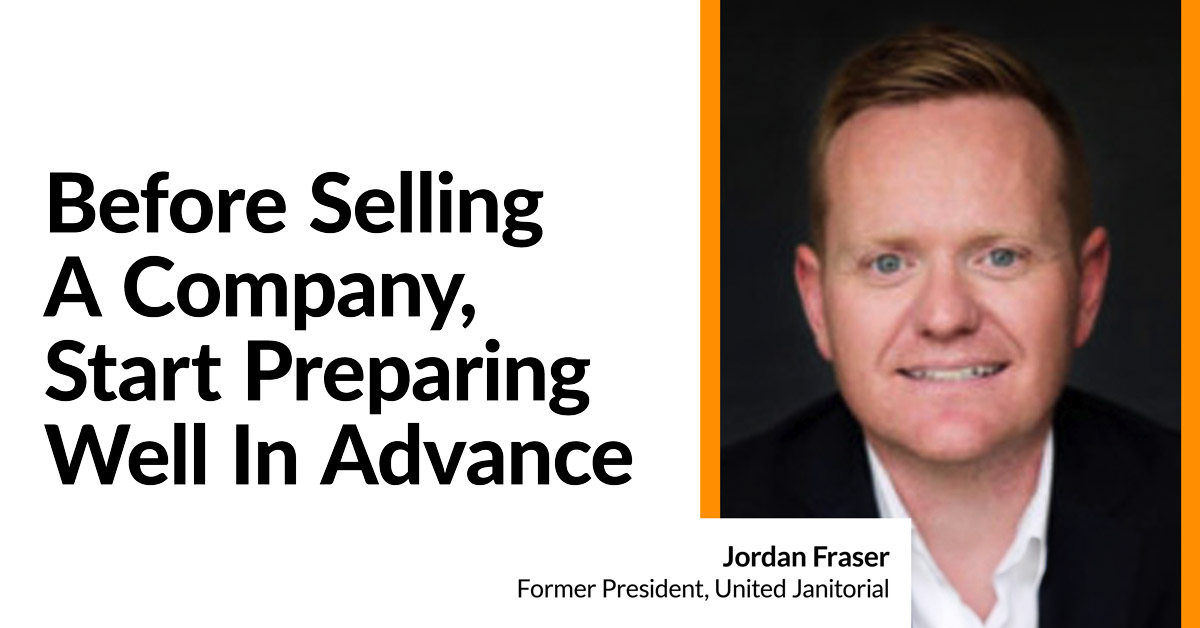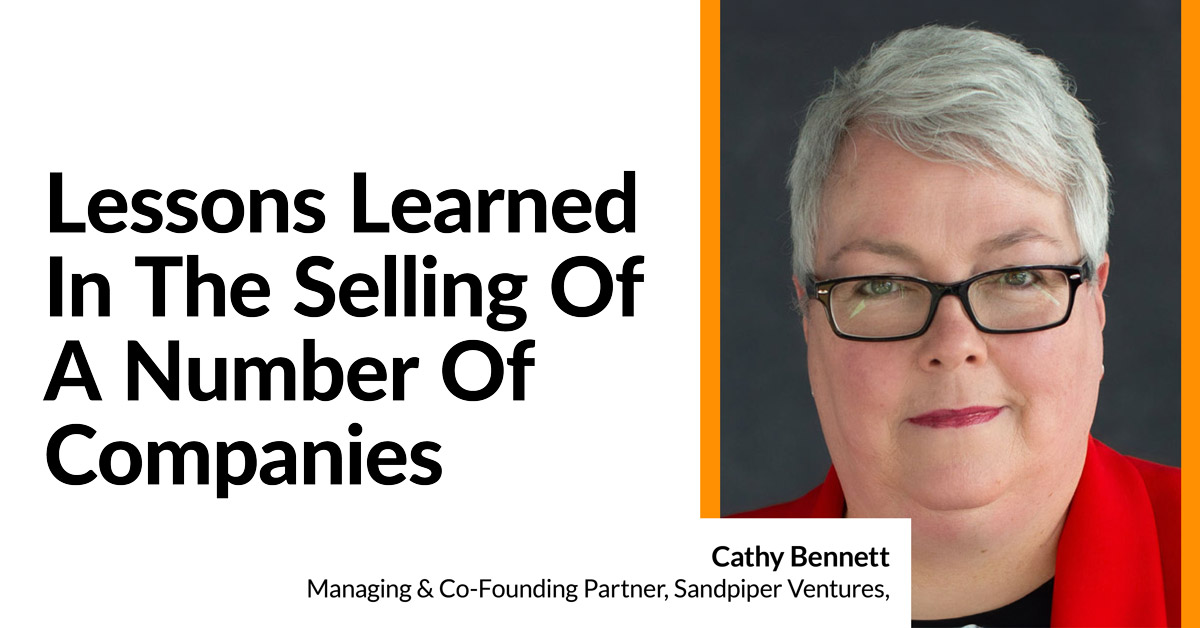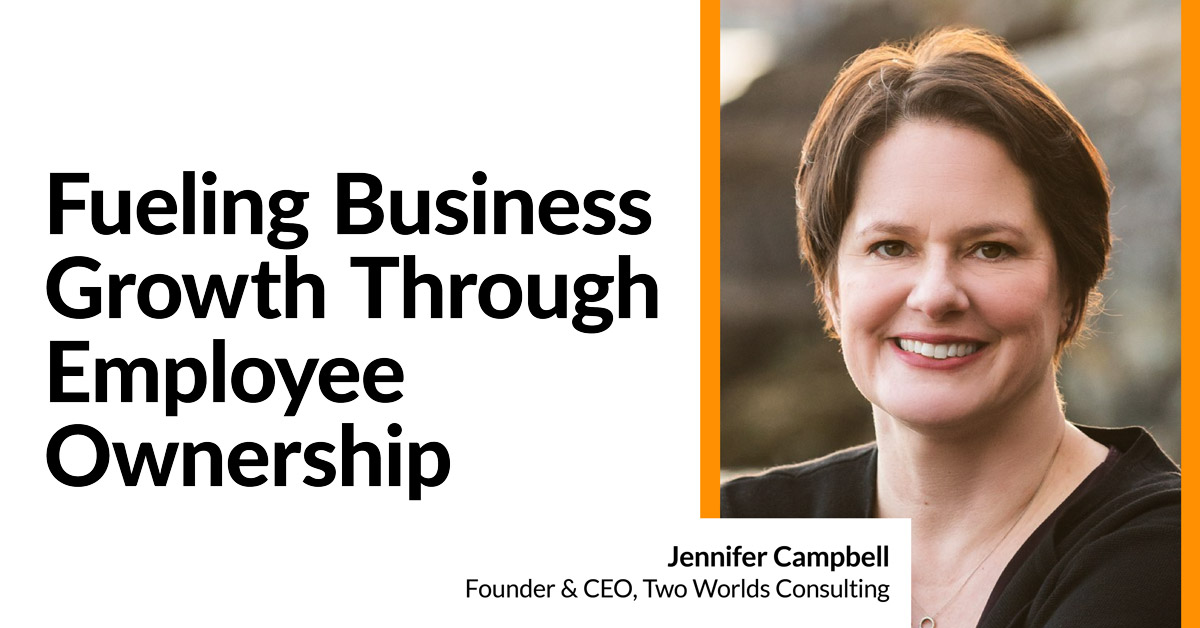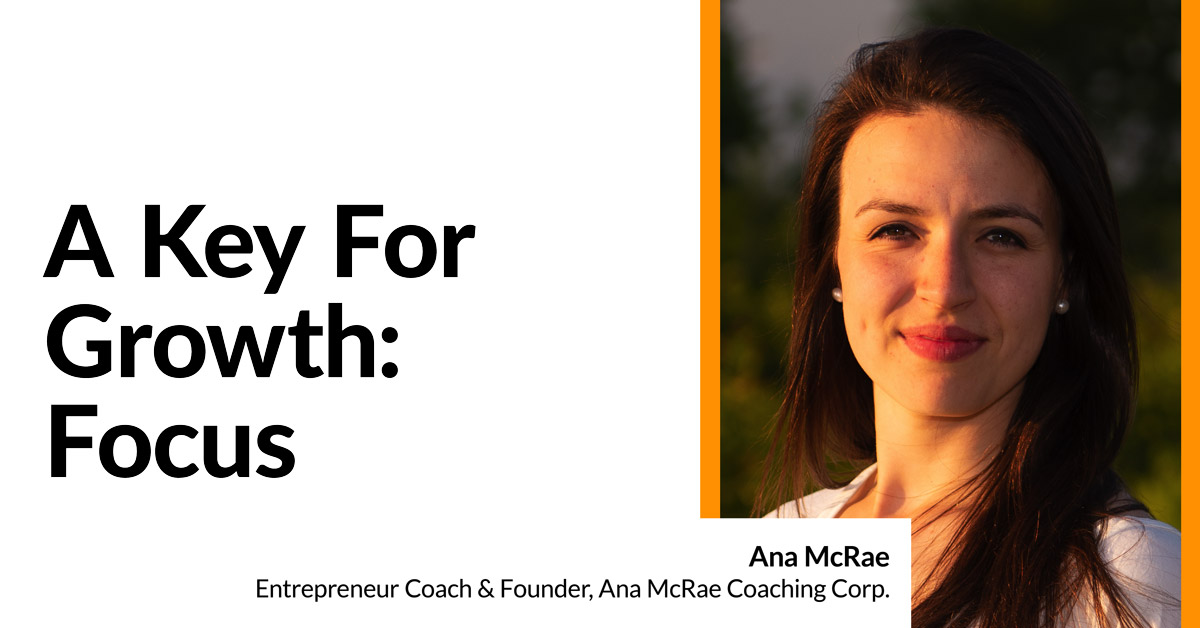How A Passion For Building Created A Specialty Travel Company That Redefined The Industry
Bonnie Elgie
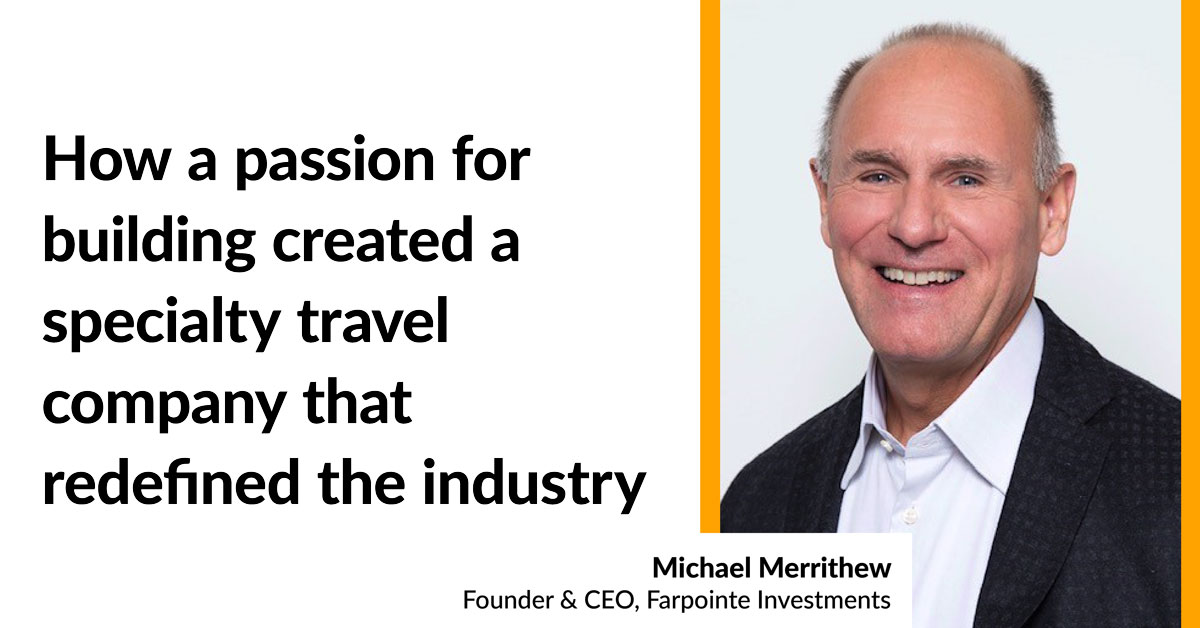
Michael Merrithew is one of those people with a great story to share. He's an experienced leader, CEO, negotiator and proven business development professional who took a single travel franchise and built a business with annual revenues of $400 million.
Now retired from the travel industry but still an active investor in different businesses, Michael shares how his passion for building turning resulted in an unexpected 25-plus year career in the travel industry. He tells us:
- The value of being a life-long learner
- How he saw – and jumped on – the niche travel market before it was popular
- The difference between acquiring 30 companies and preparing to sell his own company
- His regrets about keeping equity shares and staying on after the sale
Michael Merrithew attributes much of his business success to the people who gave him amazing learning opportunities early in his career before venturing out on his own as an entrepreneur. He’s a man with a passion for business, an uncanny ability to recognize an opportunity, and an impressive story of starting small and growing an idea into a multi-million dollar business.
Michael says his father’s career as a civil engineer was an inspiration for his love of building something from the ground up. He spent his youth watching his dad lead large projects. “I wanted to build something too, so I studied engineering initially, but realizing I wasn’t cut out to be an engineer, I switched into business.”
Michael reflects back and says it's interesting how being a part of building something, whether it's a business, or an actual building, is about passion. “For me, I never ever did it for the money.”
It turns out that Michael’s passion for business would help him grow a small Uniglobe franchise purchased in 1991 into a business with 550 employees and annual revenues of $400 million. He started his business career with the mindset of a student. He recognized he could learn from other people and the large companies willing to invest in his training. He spent the first 10 years of his career working in a varied range businesses observing and learning all he could.
“I am grateful that they taught me how to sell, how to market, how to navigate a complex work environment, and how to structure an organization for growth,” says Merrithew.
When asked how he got into the travel sector, he said he was looking for two things: “A business that I could afford to buy into because I didn't have a lot of capital and a business that was sales driven and service oriented.” Michael knew his strength was sales and understood that he wanted a business where he could differentiate from other companies in the same space.
“I sort of stumbled on to the travel business. My wife and I had started a family and I thought, ‘Okay, if we can get this travel business to $10 million a year in sales, which will generate about $1.2 million in revenue commissions, we can generate enough of a gross margin and profit to make a good living.” With that number of gross sales in mind, they set out.
Once again Michael says he became a sponge and started talking with and listening to others in his sector. “What I was hearing from them was economies of scale and I got that concept given my business background.”
Michael agreed that was one reason to grow, but saw another opportunity with his staff saying, “If you're recruiting people and you want them to stay with you so that you can benefit from their years of experience, then you need to create a career for them.” Michael also recognized another benefit to a growing company—important suppliers paid more attention to you.
He noticed that very few people at that time were doing acquisitions. And serendipitously, Michael’s lawyer at the time, a man named Gerald Heifetz, had literally written the travel industry act in Ontario. “He, of course, knew everybody in the industry, including those looking to retire and suggested that if I was looking to grow my business, I should be talking with them.”
They acquired those businesses and realized their growing list of corporate travel customers, with whom they had established strong relationships, also took family vacations. Ever the salesperson, Michael knew that rather than simply selling them a vacation, he needed to offer them a higher level of service. And that inspired the idea to specialize on niche markets.
Then a series of unfortunate events began to upset the travel industry and it was in the months following 9/11 that he acquired the loyalty business that would propel his company to another level. “At that time nobody was buying travel businesses, but I felt travel was going to bounce back. We bought a company called Just Vacations that was running a small credit card loyalty program for CIBC customers. People earned points and could redeem them on travel/vacations. “I thought, now that’s a neat idea and it could really enhance the distribution channel of our specialty product.”
That business decision morphed into a very close relationship with CIBC, and with them, they developed the Aventura card, which became the penguin card, the black card that you continue to see today.
Michael draws on his personal experience to give this piece of advice, “Smaller enterprise and private business owners go into a certain business and they focus all their attention on that business because it's a lot of work and energy.” Michael suggests that business owners working to grow their business take a step back once in a while, take the blinders off and ask “what the heck is going on in my broader industry? What is going on in the world around me? Is there an opportunity outside of what I’m doing currently?”.
It was the year Michael turned 60, he and his wife celebrated 35 years of marriage and the business marked 25 years that he decided he felt like doing something else.
The family made the decision it was time to sell the company. Michael admits that they had visions of sugarplums and big valuations until the letter of intent, at which time they continually grind your price down. It's a lot of work to sell a business. Ironically, we did almost 30 acquisitions over 25 years, but we never really thought much about what it was like to be the one selling a business.”
A few deals fell through and the family was beginning to think they’d just move on with growing the business when Michael received a call from his client at a law firm. She said her client was interested in having a conversation about his operation.
It was an entrepreneur from Japan looking to expand into North America. They asked Michael, his wife, Louise, and their son, Jason, to stay on to continue running the company with a small equity stake. In a matter of weeks the deal was done and the Merrithew’s even received a premium over their initial asking price.
However, it wasn’t long before the family began regretting their decision to maintain an equity share and continue with the company. There were disagreements on the direction the company should be going, but as a minority shareholder, they really didn’t have a voice at the table.
“We owned our family business and ran it the way we wanted to, but when you sell to a publicly traded company with a different business culture, there will most likely be friction and disagreement and different points of view. It was never in my nature to just roll with that.” The family sold their equity stake and left the company.
That was in 2018 and the family is grateful that the timing of their departure from the travel industry worked out how it did. They’re now focused on their next venture, Farpointe Investments, but they continue their habit of taking time to step back and asking themselves how new opportunities align with their passions and interests.
BACK







